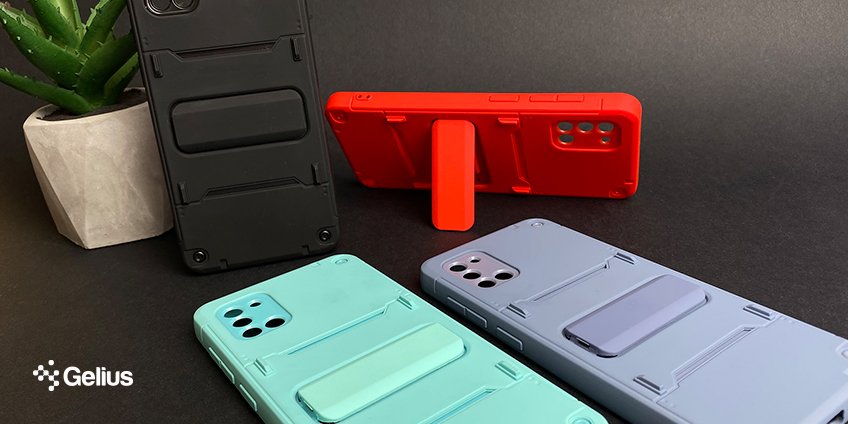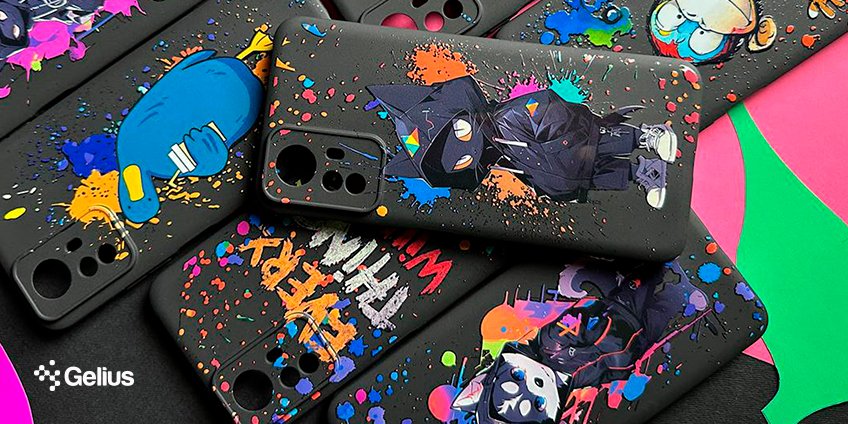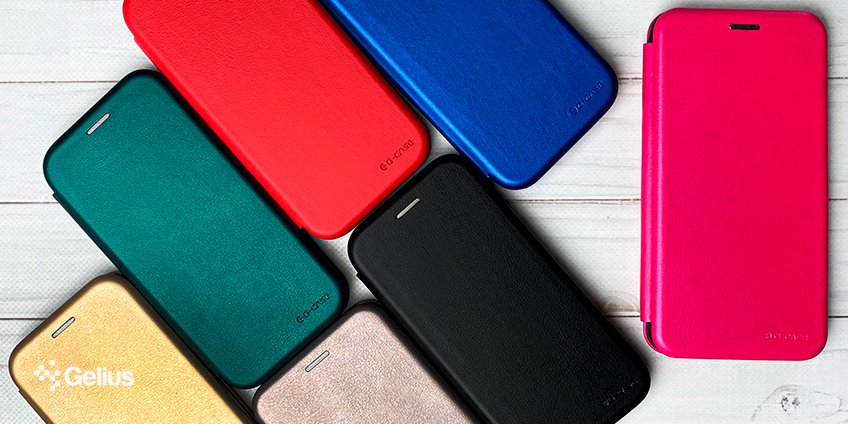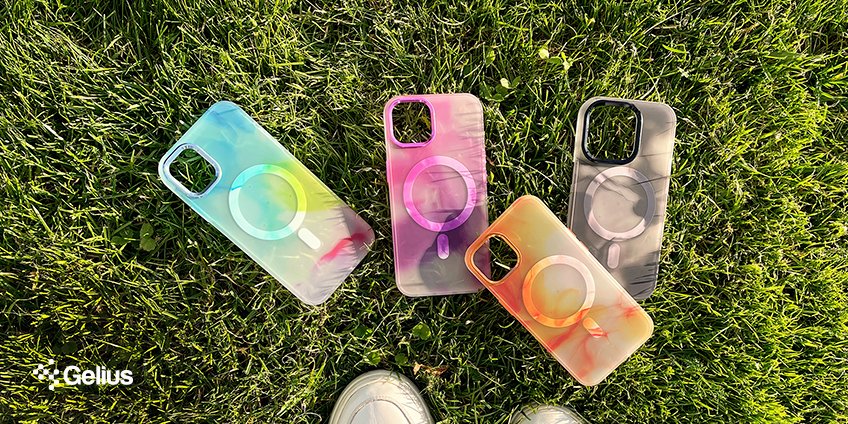Which case is better - plastic or silicone?
Menu
- Characteristics of plastic cases
- Characteristics of silicone cases
- What is TPU
- Which case provides better drop protection
- Which smartphone case is better
- Conclusion
In the fast pace of modern life, smartphones are an extension of our personality. The gadget pleasantly complements our everyday life and simplifies many different tasks and communications. Technological models of the new generation have large displays, a unique body design and a smooth interface. It is important to provide strong protection for such a valuable connection to the world of possibilities to ensure safety and maintain an impeccable appearance.
In this context, the protective glass and smartphone case act as a mobile keeper, providing security to the device and complementing the style of its owner. Mobile accessories are invented not only as decoration for devices, but also to provide protection from mechanical damage in the form of scratches, chips, unexpected falls, and so on.
There is an endless selection of accessories in design, color, material, providing the opportunity to choose the perfect case to suit your style and needs. Silicone and plastic models are especially attractive, providing countless design options and making them an attractive choice for a wide range of users.

Characteristics of plastic cases
Plastic cases are made from various types of polymers, including polycarbonate, polypropylene, and thermoplastic polymers. Polycarbonate is often used to create durable and wear-resistant cases. This material is highly transparent, which allows you to preserve the original design of the device. Polypropylene, in turn, is more flexible and lightweight, which makes the accessory convenient to use.
The strength parameters of plastic cases depend on the specific material. Polycarbonate, for example, has fairly high impact resistance, making it an excellent choice for protecting your smartphone. Plastic cases also have water-repellent properties, preventing moisture and dust from penetrating into the device.
The visual and tactile features of plastic cases vary depending on the material used. Some plastic cases imitate textures to provide a more premium look, while others can be matte or clear, maintaining the original design of the device. The tactile sensation depends on the surface of the plastic, with some models providing a smoother feel and others a rougher feel.
Characteristics of silicone cases
Silicone is a softer and more flexible material that gives cases a certain elasticity. This feature makes it easy to install and remove the accessory and also ensures a good fit on the device.
The flexibility and elasticity of silicone cases provide additional shock absorption during shocks and falls. Silicone cases have good resistance to ultraviolet radiation and are not susceptible to fading under sunlight.
One of the key parameters of silicone cases is their resistance to external factors such as water, dust or dirt. Silicone does not absorb moisture and provides good splash protection, making these cases an excellent choice for everyday use in a variety of environments.
It is also worth noting that silicone accessories provide a good grip in the hand due to their surface texture, which prevents the device from accidentally slipping.

What is TPU?
TPU is a thermoplastic polyurethane, a type of material that combines the properties of both thermoplastic polymers and the elasticity of elastomers. This material has high strength and wear resistance.
One of the key features of TPU is its resistance to impact and chemical attack. This allows manufacturers to create thin and light cases, providing very reliable protection for the phone. TPU is also characterized by good elasticity, which simplifies the process of installing and removing the accessory.
Compared to plastic models, TPU is more flexible and shock-resistant. Compared to silicone accessories, TPU provides a thinner profile while maintaining protection.
Which case provides better drop protection?
When it comes to protecting your mobile phone from situational shocks or falls, each type of case provides its own unique characteristics and copes with protection and shock absorption in its own way.
- Plastic cases offer good protection against scratches and light impacts from the gadget, but their functionality in shock absorption during strong falls is limited. Most plastic models have some degree of rigidity, which significantly reduces the ability to absorb impact energy.
- Silicone cases have excellent flexibility and resilience, making them an excellent choice for shock protection. This material is able to absorb shock and shock energy, preventing damage to the device when dropped. Silicone cases are used to protect against shocks and firmly hold the smartphone inside the case.
- TPU cases, combining the properties of plastic and elastomers, also provide good shock protection. This material is able to absorb shock and prevent damage to the device. TPU cases generally provide the optimal balance between flexibility and durability.
The choice of case, like other accessories, depends on the personal needs of the user. If the level of impact resistance is important, silicone cases and TPU models are rated as more effective in this regard.

Which smartphone case is better?
When it comes to the difference between plastic and silicone cases, it is important to consider the user's personal needs and preferences. Each model has its pros and cons.
| Case type | Advantages | Disadvantages |
| Plastic cases |
|
|
| Silicone cases |
|
|
Recommendations for selection
- If extra durability and impact resistance are important to the user, plastic accessories are perfect for this purpose.
- For connoisseurs of shock absorption and softness of materials, silicone options are the best solution for phone safety.
- For a combined effect, you can consider TPU accessories.

Conclusion
Searching, choosing and purchasing a case is always a matter of personal preference, user style and, of course, intended use. The right accessory can protect your device and help you express your individuality.
The security of smart gadgets is becoming an increasingly important aspect, and a quality case plays a key role in ensuring it. Mobile accessories not only prevent damage from bumps and scratches, but also add an original, stylish look to the device.
Cases are an opportunity to change the appearance of a device in accordance with the mood and style of the user. The Gelius online store offers a wide selection of protective glasses, chargers, batteries, headphones and cases, including plastic, silicone, and TPU models, with the ability to apply any logos. Here everyone will find the perfect accessory for their smartphone, emphasizing the individuality of the user and reliable protection of the device.